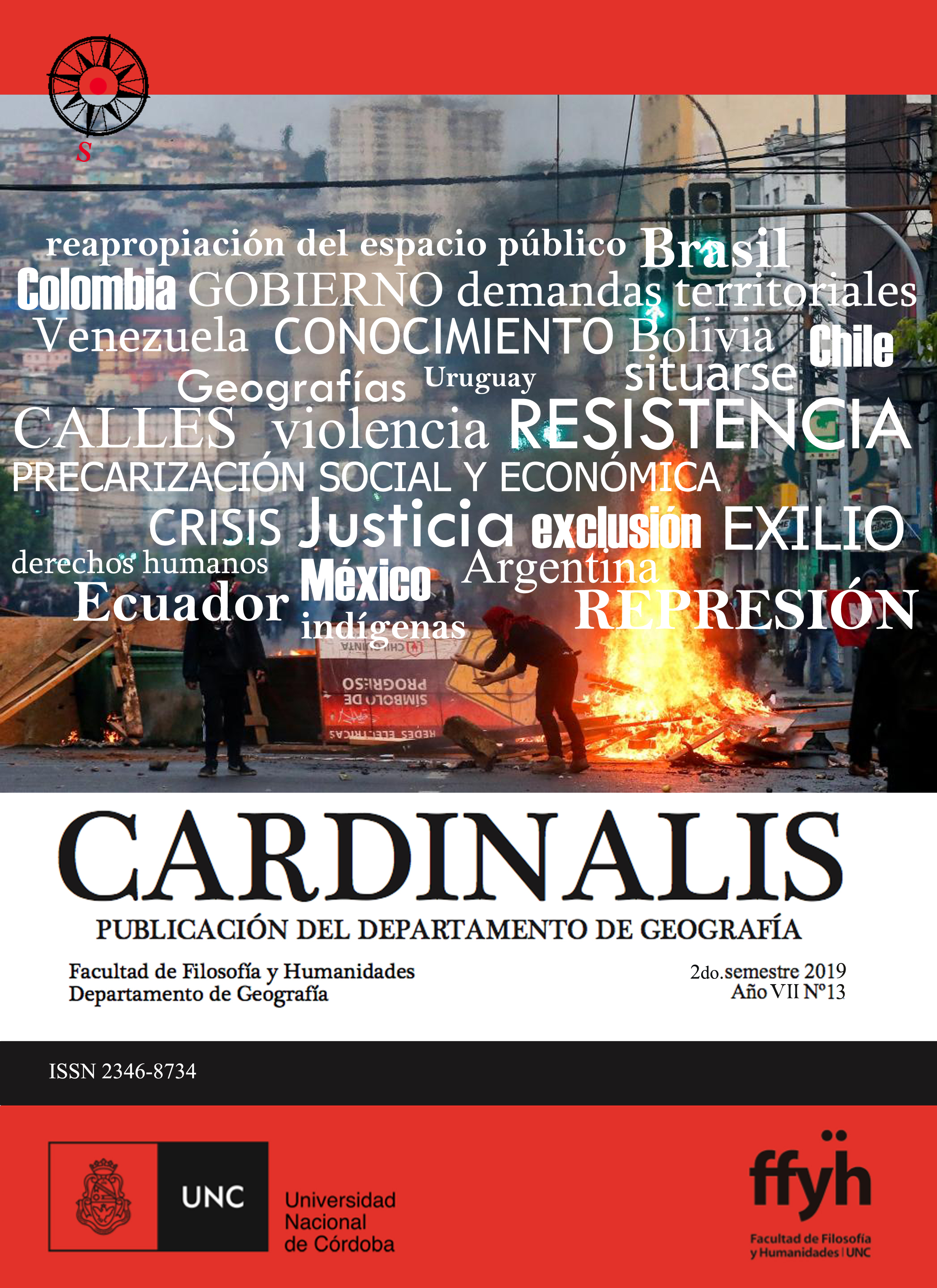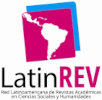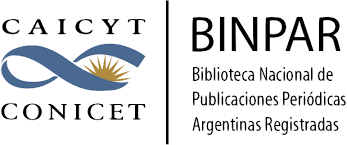Educación geográfica y formación en ciudadanía desde la perspectiva de los derechos humanos
Abstract
The 21st century challenges education in relation to the formation of citizens for life in full democracy. Living together in peace based on respect for human rights is a challenge that teaching faces in the current context. In the process of reflection of the recent past and the projection of construction of the future, geography professors have the responsibility to discuss the role of the profession, the epistemological foundations and the curricular decisions that support the formation of citizenship mainstreaming by the paradigm of the human rights. This article presents a theoretical reflection on the teaching of territorial problems based on national educational regulations, the proposals of international organizations such as the UN, UNESCO and the International Geographical Union, also link these postulates with the epistemological scope of education of social sciences and geography in particular. The purpose of this reflection is to contribute to the construction of democratic futures from geographical education.
Downloads
Downloads
Published
How to Cite
Issue
Section
License
Aquellos autores/as que tengan publicaciones con esta revista, aceptan los términos siguientes:- Los autores/as conservarán sus derechos de autor y garantizarán a la revista el derecho de primera publicación de su obra, el cuál estará simultáneamente sujeto a la Licencia de reconocimiento de Creative Commons (indicada abajo) que permite a terceros compartir la obra siempre que se indique su autor y su primera publicación esta revista.
- Los autores/as podrán adoptar otros acuerdos de licencia no exclusiva de distribución de la versión de la obra publicada (p. ej.: depositarla en un archivo telemático institucional o publicarla en un volumen monográfico) siempre que se indique la publicación inicial en esta revista.
- Se permite y recomienda a los autores/as difundir su obra a través de Internet (p. ej.: en archivos telemáticos institucionales o en su página web) antes y durante el proceso de envío, lo cual puede producir intercambios interesantes y aumentar las citas de la obra publicada. (Véase El efecto del acceso abierto).

Esta obra está bajo una Licencia Creative Commons Atribución-NoComercial-CompartirIgual 4.0 Internacional.






